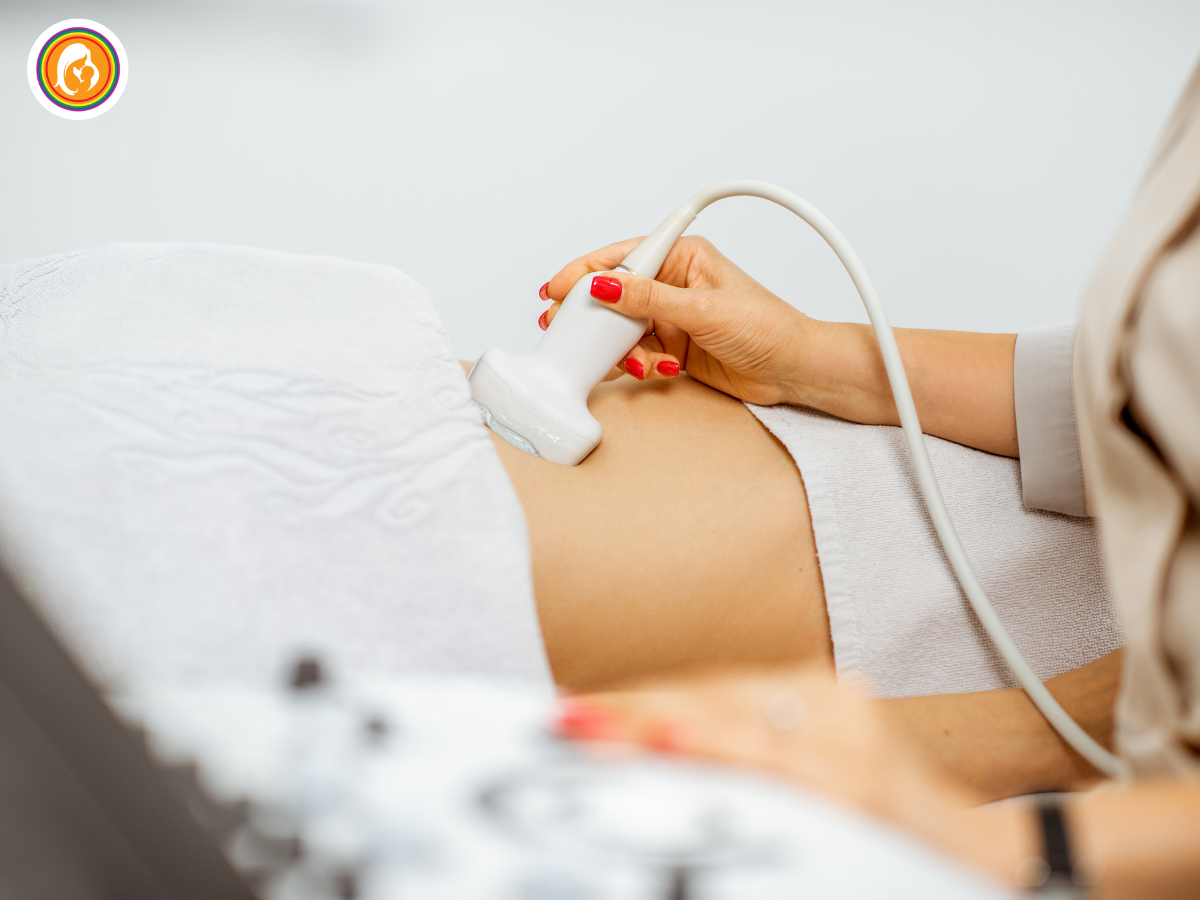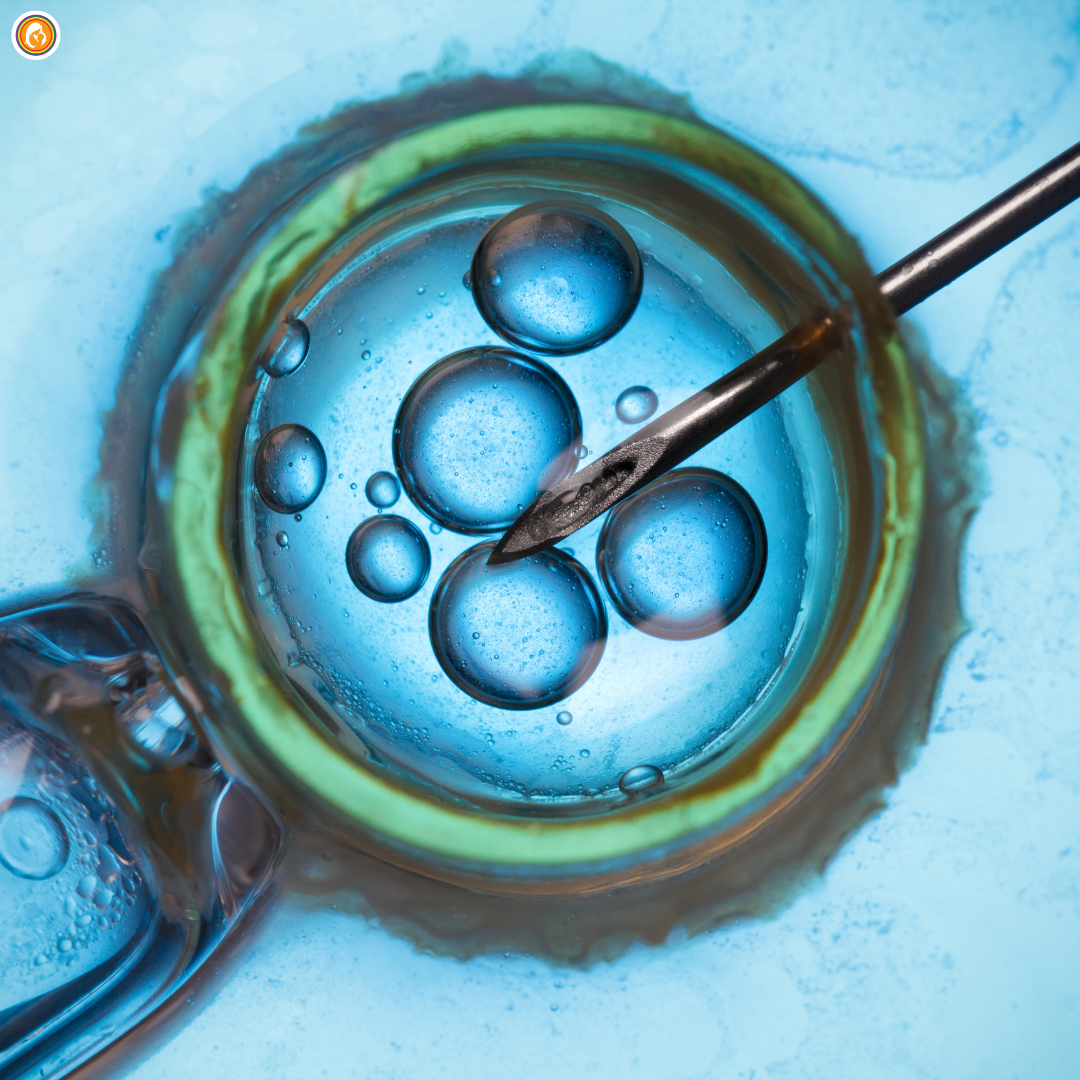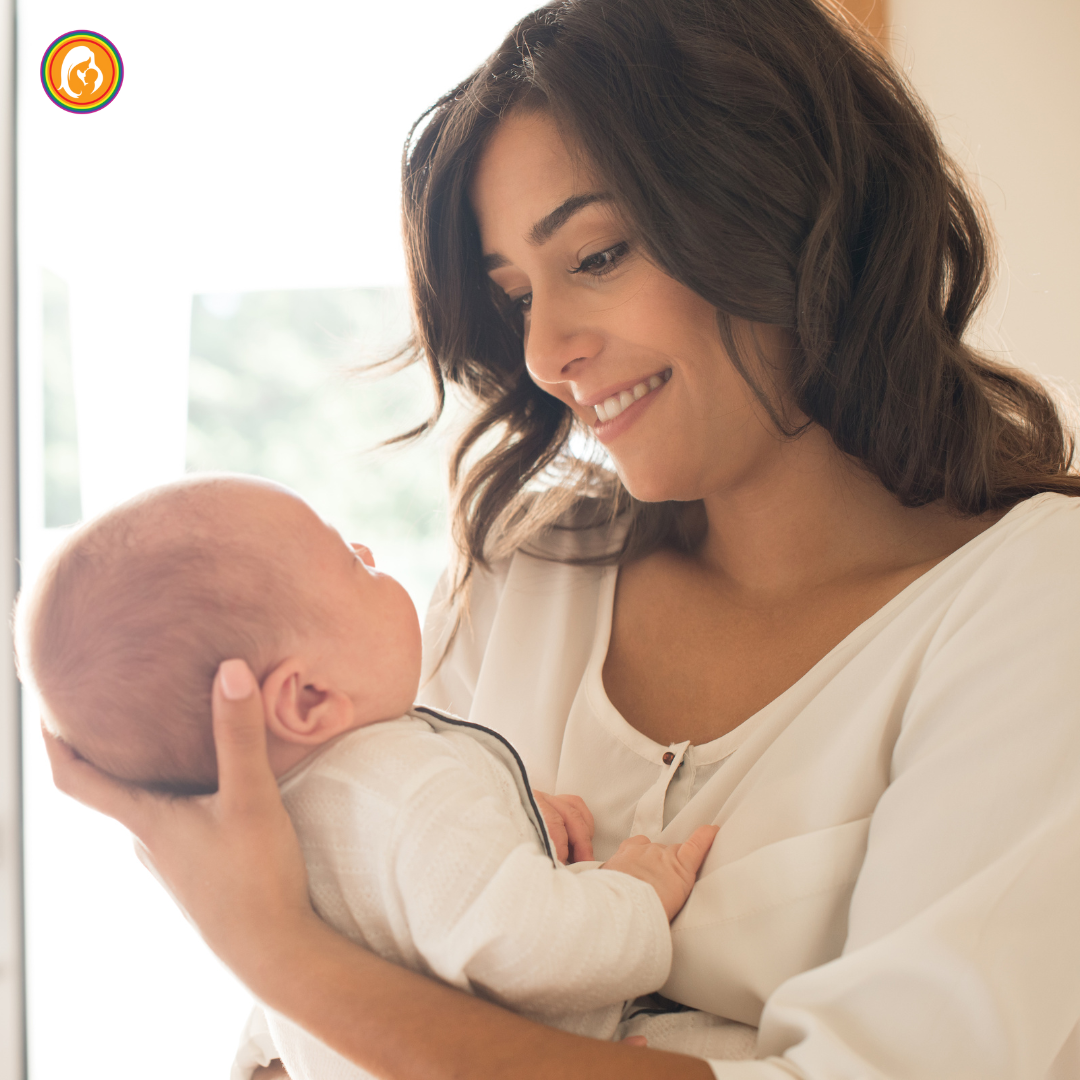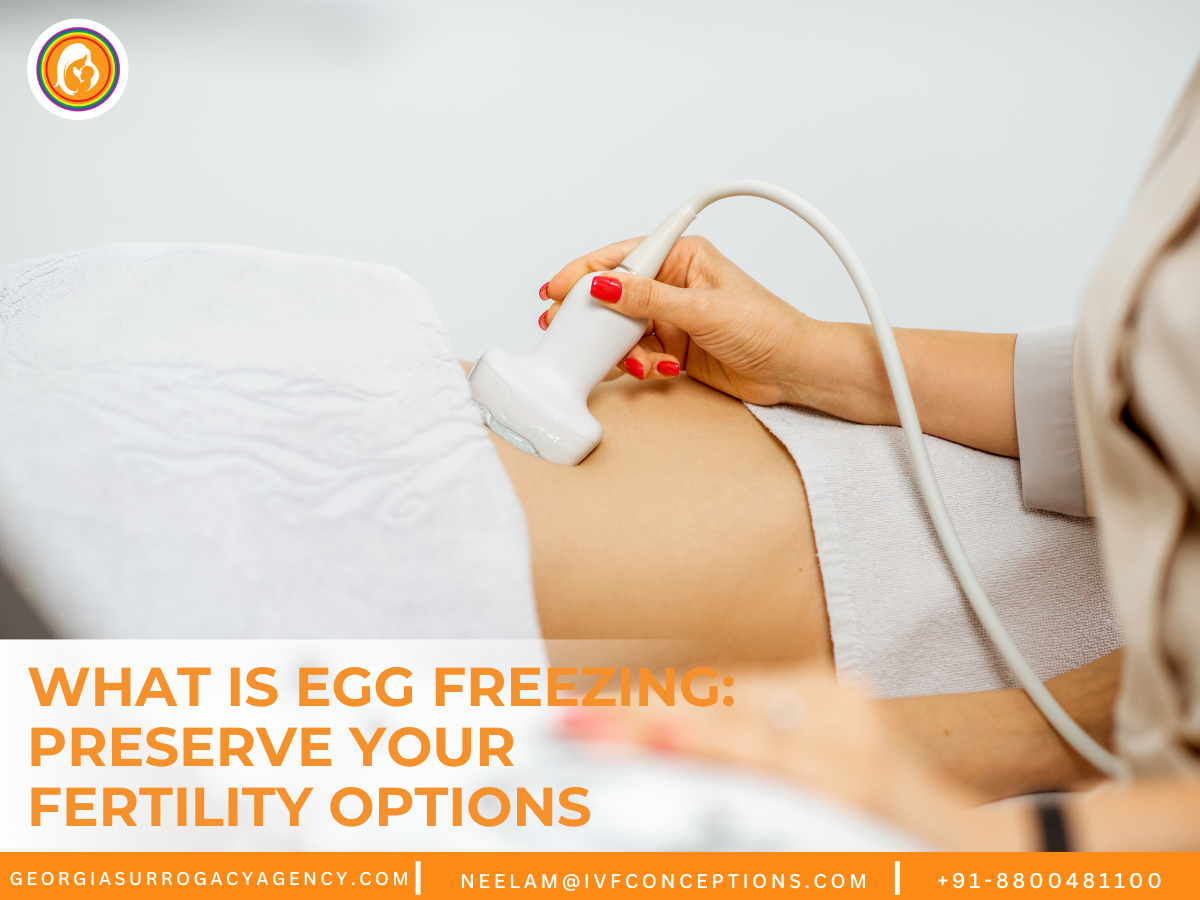What is Egg Freezing: Preserve Your Fertility Options
Are you thinking about waiting to have kids to focus on your career or find the perfect partner? Have you wondered if there’s a way to keep your fertility options open for later? Egg freezing, also known as oocyte cryopreservation, might be what you’re looking for.
Egg freezing is a cutting-edge reproductive technology. It lets women take out, freeze, and store their eggs for later use. This way, you can control your fertility and plan your family life. You’ll have the freedom to start a family when it feels right for you.
- Book an online appointment: Get a free online consultation.
- Call\W:+91-8800481100 Email:neelam@ivfconceptions.com
Key Takeaways
- Egg freezing is a fertility preservation option that allows women to freeze their eggs for future use.
- It can be beneficial for women who want to delay childbearing for various reasons, such as career or relationship goals.
- Egg freezing provides women with more autonomy and flexibility in family planning.
- The optimal age for egg freezing is between 21 and 37 years old.
- Expert care and fertility preservation options, including egg freezing, are widely available to women.
More Resources to Read:
IVF and PCOS: Fertility Solutions for Women
Egg Donor vs Frozen Egg Bank: Which to Choose?
Finding a Surrogate: Your Guide to Gestational Carriers
IVF Terminology and IVF Acronym 101: A Guide.
Understanding Egg Freezing: A Fertility Preservation Option
Egg freezing, also known as oocyte cryopreservation, lets women delay having children. It’s a way to freeze eggs for later use. This method helps women keep their reproductive health safe. It also keeps the option to start a family when they’re ready.
What is Egg Freezing?
Egg freezing is a process where eggs are taken out, frozen, and kept for later. First, hormone shots help the ovaries make more eggs. Then, these eggs are taken out surgically and frozen. Later, these eggs can be thawed, fertilized, and put back in the uterus. This lets women have a child when they choose.
Who Can Benefit from Egg Freezing?
- Women face medical treatments that could impact their fertility, such as chemotherapy or radiation therapy for cancer.
- Women who want to delay pregnancy for personal or social reasons, such as focusing on their career or education.
- Women with a family history of early menopause or other genetic factors that may affect their fertility.
Talking to a reproductive endocrinologist is key before freezing eggs. They can check your health and see if egg freezing is right for you.
“Preserving my fertility options through egg freezing gave me the freedom to focus on my career and personal goals without worrying about the ticking biological clock.”
Egg freezing is a great way for women to control their reproductive health. It lets them plan for the future. By learning about it, women can make smart choices about their fertility.
Egg-freezing: The Process Explained

Egg freezing, also known as oocyte cryopreservation, is a way for women to freeze their eggs for later use. It’s a fertility preservation method that involves several steps, from ovarian stimulation to egg retrieval and freezing. It’s important to know the steps and the possible side effects and risks before considering it.
Step-by-Step Guide to Egg Freezing
The egg-freezing process usually takes 2 to 3 weeks. It starts with ovarian stimulation, where the woman gets hormone shots to help grow many eggs. Then, there’s the egg retrieval, done under sedation, which takes about 20-30 minutes.
During this, a small needle takes out the mature eggs from the ovaries. After that, the eggs are frozen using vitrification, a quick cooling process. This helps keep the eggs in good condition. These frozen eggs can stay in a lab for many years, with some even being used for successful pregnancies over 10 years later.
Step-by-Step Guide to Egg Freezing
The egg-freezing process typically spans 2 to 3 weeks and involves several key steps. Here’s a detailed look at each stage:
| Step | Description | Time Frame |
|---|---|---|
| Ovarian Stimulation | The woman receives hormone injections to stimulate the ovaries, promoting the growth of multiple eggs. | 10-14 days |
| Egg Retrieval | Under sedation, a small needle is used to extract mature eggs from the ovaries. The procedure takes about 20-30 minutes. | 20-30 minutes |
| Vitrification | The extracted eggs are quickly frozen using a process called vitrification, which ensures the eggs remain in good condition for future use. | Immediate |
| Storage | The frozen eggs are stored in a laboratory. They can remain viable for many years, with successful pregnancies reported even after over 10 years of storage. | Indefinite |
This table provides a concise overview of the egg-freezing process, highlighting the main steps and their respective durations.
Potential Side Effects and Risks
Egg freezing is generally safe, but it can have side effects. Women might feel mood changes, have headaches, or feel bloated. There’s also a small chance of infection or bleeding from the egg retrieval.
The success of egg freezing depends a lot on the woman’s age when she does it.
Eggs quality and number get worse with age, especially after 37.
Freezing eggs before 40 increases the chances of a successful pregnancy later.
Egg freezing is a valuable option for women who want to delay having children or have health issues that affect their fertility. Knowing the steps and risks helps people decide if egg freezing is right for them.
Storing and Maintaining Frozen Eggs
Freezing eggs to preserve fertility is a complex process. It needs special facilities and strict rules. After getting the eggs, they are frozen and kept in liquid nitrogen tanks in an embryology lab. These labs must follow strict rules to keep the eggs safe and sound.
Facilities and Standards for Egg Storage
Places like Fertility Storage Solutions and NECC have top-notch storage facilities. They keep eggs, sperm, and embryos safe until they’re used for making babies. These places use the latest tech and watch over the samples all the time.
The tanks in these places keep the eggs at the right cold temperature. They check the temperature and nitrogen levels every 15 minutes. If there’s a power cut, backup generators, and extra systems keep the eggs safe. They also have tight security with cameras, and alarms, and only certain people can get in.
Each patient’s eggs are tracked with their name, birth date, and a special number. These places follow rules from the FDA and get checked often to make sure they meet standards.
| Storage Facility | Key Features |
| Fertility Storage Solutions |
|
| NECC |
|
Choosing a good and certified fertility clinic or storage place gives patients peace of mind. They know their frozen eggs are in a safe, controlled place that meets the best standards.
Using Frozen Eggs for Future Pregnancy

When you’re ready to use your frozen eggs to achieve pregnancy, start by thawing them. Then, fertilize them with sperm, usually through ICSI. The fertilized eggs, or embryos, are then cultured and put back into your uterus, 3-5 days after fertilization.
The success rates for using frozen eggs can change based on your age when you freeze them and how many eggs you have. The younger you are when you freeze your eggs, the higher the chances of a successful pregnancy later in life. Also, the vitrification technique used for freezing keeps your eggs’ quality high, boosting the chances of conception.
Not every frozen egg will fertilize or implant successfully. Some may be genetically abnormal and can’t fertilize. Fertility experts suggest freezing about 12 eggs for a good chance at pregnancy later.
Before using your frozen eggs, you might want to do more tests. For example, PGT can tell you the embryos’ sex and find chromosomally normal ones. This can make your chances of a successful pregnancy even better.
The process of getting pregnant with frozen eggs includes several steps. From egg retrieval to thawing, fertilization, embryo monitoring, and embryo transfer. Talking to fertility specialists can help you decide if freezing eggs is right for you. They look at your personal, educational, professional, or medical needs.
“The youngest woman to give birth from a frozen egg was 24 years old, and the oldest was 42 years old.”
Key Considerations for Using Frozen Eggs
- Thawing and fertilizing frozen eggs through ICSI
- Culturing and transferring the resulting embryos back into the uterus
- Success rates depend on age at egg freezing and the number of eggs available
- Younger women have higher chances of a successful pregnancy with frozen eggs
- Genetic testing, such as PGT, can help identify the healthiest embryos
- Consulting fertility specialists is crucial to determine if egg freezing is right for you
Cost of Egg Freezing
Deciding to freeze your eggs is a big step that involves thinking about the costs. The price can change a lot, but knowing the average costs, insurance, and help options can guide you. This way, you can make a well-thought-out choice.

Average Costs and Insurance Coverage
The average cost for egg freezing is about $11,000 per cycle. This includes the meds, ultrasounds, blood tests, egg retrieval, and freezing. But, the total could be $30,000 or more, based on the clinic, location, and how many cycles you need.
Some insurance and employers might cover fertility care, but egg freezing is usually not included. Always talk to your insurance to see what they cover and what you might pay out-of-pocket.
Financial Assistance Options
If egg-freezing costs worry you, there are ways to get help. Clinics might offer discounts, payment plans, or special programs to lessen the cost. There are also grants and scholarships for women to cover egg-freezing expenses.
Looking into these options and understanding the costs and insurance can help you decide if egg freezing fits your needs and goals.
| Egg Freezing Cost Breakdown | Cost Range |
| One cycle of egg freezing | $4,500 – $8,000 |
| Medications to stimulate egg production | $4,000 – $6,000 |
| Storage fees (per year) | $500 – $1,000 |
| Egg thawing, fertilization, and embryo transfer | $13,115 |
The cost of egg freezing can change a lot. It depends on where you are, the fertility clinic you choose, and your health needs. Make sure to get a full list of costs before you decide.
Egg-freezing Success Rates and Offspring Health
Egg freezing, also known as oocyte cryopreservation, is now a common way to preserve fertility. It’s important to know how well it works and the health of the children born from frozen eggs.
Using frozen eggs to get pregnant can have different success rates, from 4-12% per egg. The woman’s age when freezing eggs and the number of eggs matter a lot for success. A study at NYU Langone Fertility Center showed a 39 percent chance of a live birth from frozen eggs among 543 patients over 15 years.
So far, research shows no higher risk of birth defects in kids from frozen eggs than from fresh ones. A study found that using preimplantation genetic screening with frozen eggs led to fewer miscarriages and more live births.
| Egg Freezing Success Rates | Offspring Health |
|
|
The average age of patients in these studies was 38 when they first froze their eggs, which is older than the best time to freeze them. Women under 38 usually get 10 to 20 eggs during the freezing process.
Egg-freezing success has been getting better over time. There’s been a big increase in this procedure in the USA, Australia, and New Zealand since 2010. It can cost $10,000 to $15,000 per cycle, but it might be worth it for those wanting to plan their future.
Why can opt for egg-freezing
Egg freezing is a way for women to keep their fertility options open. It’s for those who want to wait to have children for personal or career reasons. Or, for those who might lose fertility due to medical treatments. Freezing eggs at a young age helps protect your ability to have a child later on.
What is the Ideal Age for Egg Freezing?
The best time to freeze eggs is before turning 40. As women get older, their egg quality and number go down. This lowers the chance of getting pregnant. Studies show women freezing eggs before 35 have a better chance of success than those freezing after 35. A 2015 study found that 37 is the best age for freezing eggs for both cost and success.

Where Can I Do Egg Freezing?
You can freeze eggs at fertility clinics and reproductive centers. These places have the right skills and tools for the job. They have experts and the latest technology for high success rates in egg freezing and other fertility treatments. You can get in touch with any IVF clinic or fertility clinic near you and they are able to assist you with your egg freezing process.
What Factors to Consider Before Egg Freezing?
Think about your health, money, and future family plans before freezing eggs.
Egg freezing costs at least $10,000 and can go up to $20,000.
You’ll take hormone shots for 10-12 days to grow eggs, then have surgery to get them. Side effects may include nausea, headaches, and mood changes. Rarely, you might get ovarian hyperstimulation syndrome.
Freezing your eggs is a big decision. Think about the good and bad, and how it fits with your life and goals. Knowing the process, costs, and success rates helps you make a choice that’s right for you.
More Resources to Read:
Hyperspermia Treatment and Cure: What to Know
Egg Donor vs Frozen Egg Bank: Which to Choose?
IVF and 2 Weeks Wait: Navigating the Waiting Game
Conclusion
Egg freezing is a key way to keep women in control of their reproductive health and family plans. It lets them freeze their eggs to stop the aging process. This way, they can decide when to start a family later.
The process of egg freezing has many steps and things to think about. But, thanks to new techniques like vitrification, it’s getting better. Now, up to 97% of frozen eggs survive, and the chance of getting pregnant is between 4.5% to 12% per thawed egg. This makes egg freezing a solid choice for women wanting to keep their fertility options open.
With more people learning about it, egg freezing is becoming more popular. It gives women the power to make smart choices about their future. By knowing the costs, success rates, and what’s involved, women can see if it fits their life goals. With support and the right information, egg freezing can help women achieve their dream of having a family.
If you’d like to learn more about IVF, Egg Donation, or surrogacy services globally, check out the rest of our website at Ukraine Surrogacy Agency. We offer legally secure and affordable surrogacy consulting services for FREE.
Our team has over 14 years of experience facilitating surrogacy arrangements, egg donation, and serving as an advocacy resource for infertile couples and LGBTQ individuals seeking to build families.
Get in touch for FREE SURROGACY CONSULTING:
Mobile: +91-8800481100 ( WhatsApp, Line, Viber)
Email: neelam@ivfconceptions.com
FAQs for egg freezing process
What is egg freezing?
Egg freezing, also known as oocyte cryopreservation, is a way to save a woman’s eggs. This is done by taking the eggs, freezing them, and storing them. It helps preserve reproductive potential.
Who can benefit from egg freezing?
Women who want to delay having children for personal reasons can benefit from egg freezing. This includes those who haven’t found a partner yet, are focusing on their careers, or are undergoing treatments that could affect their fertility.
What is the egg freezing process?
The process starts with ovarian stimulation to help develop multiple eggs. Then, through a procedure called vitrification, these eggs are retrieved and frozen. This method is used to preserve the eggs.
How are the frozen eggs stored and maintained?
Frozen eggs are kept in special facilities, like liquid nitrogen tanks in an embryology lab. These places follow strict rules to keep the eggs safe and well-cared for. Experts watch over them around the clock.
How are the frozen eggs used to achieve pregnancy?
To use frozen eggs for pregnancy, they are first thawed. Then, they are fertilized with sperm, usually through ICSI. The fertilized eggs, or embryos, are then put back into the woman’s uterus.
What are the costs and financial considerations for egg freezing?
Egg freezing costs include medications, ultrasounds, bloodwork, the egg retrieval, and freezing the eggs. Some insurance might cover part of it, but it can be expensive. Yet, there are grants and programs to help with the costs.
What are the success rates for using frozen eggs to achieve pregnancy?
Success rates for frozen eggs vary, from 4-12% per egg. The woman’s age when freezing and the number of eggs matter most for success.
What are the key reasons to consider egg freezing?
Women might freeze their eggs to preserve fertility before treatments, delay childbearing, or because of age-related fertility decline.
What is the ideal age for egg freezing?
Freezing eggs is best before 40, as egg quality and quantity drop with age.
Where can I get egg freezing done?
You can get egg freezing at fertility clinics and reproductive centers with the right skills and facilities.
What factors should I consider before egg freezing?
Think about your health, money, and future family plans before egg freezing.
Source Links
- Fertility and Egg Freezing: Know Your Options
- Egg Freezing & Embryo Banking
- Egg Freezing & Fertility Preservation – Reproductive Medicine & Infertility Associates
- Understanding the Egg Freezing Process | Progyny

Highly esteemed, authoritative, and trusted professional with a 14-year of experience in international surrogacy. Advocate for Secure, Legal, and Affordable International Surrogacy.
Neelam Chhagani, MA (Counselling Psychology) and Holistic Infertility and Third-Party Reproduction Consultant.
Member of European Fertility Society, Best Surrogacy Blogger of 2020, with 300 dedicated blogs, and top contributor on Quora for Surrogacy.


Add Your Comment